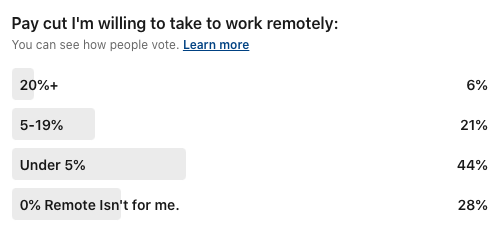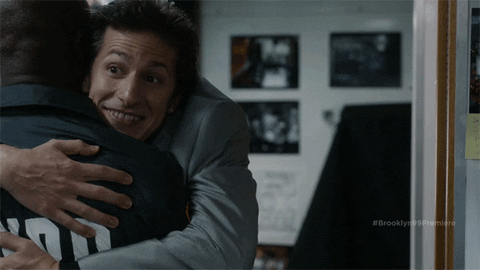At this point, if you’re in HR, you have seen news of Delta Airlines charging unvaccinated employees an additional $200 per month in health insurance premiums. Needless to say, there has been a strong reaction from the HR community to this announcement.
It’s interesting for sure as you have most HR pros believing everyone should get the vaccine, but also that corporations should not be charging employees if they do not get the vaccine. Some other reactions have been why should an employee be charged a premium, now that we know the vaccine won’t stop you from getting Covid. And an unlimited amount of other opinions as well!
Isn’t this just the smoking premium?
About a decade ago employers started charging employees who smoke higher health care premiums. Walmart charges employees who smoke an additional $2000 per year in increased health insurance premiums. When this was first done by a small employer in Lansing, MI a decade ago, lawsuits were filed, the HR community became unglued, and we had these huge ethical arguments over whether this was right or not to do to an employer.
What right is it of an employer to charge me more if I want to smoke or not! You’re not charging Tim over there eating a Big Mac and drinking a gallon of soda!?
Delta’s Covid decision is causing similar outrage about the vaccine.
Here’s the thing…
From the data we currently have, and the recent FDA approval of the Pfizer vaccine, we know statistically those with the vaccine are much less likely to be hospitalized or die from Covid. The “average” cost of a Delta employee who gets the virus and is hospitalized is $50,000!
$50,000 is not a small cost! Multiply that by hundreds of employees and it’s becoming a major issue. The issue being, on individual employee’s personal decision to not get the vaccine, is actually costing every single Delta employee, with upcoming increased insurance costs!
“Yeah, Tim, but someone made the personal decision to light up a cigarette. No one is making the personal decision to get the Covid!” Ugh…
You know you can’t send your kid to public school in the U.S. unless they have their approved vaccines. Millions of kids each year, go get their vaccines and go to school. We’ve pretty much eradicated all kinds of terrible diseases. An extremely tiny amount of parents have an issue with this. Ultimately, science has proven to be effective in helping our kids stay alive. Yay! Science!
More employers will go down this path.
Already we are seeing more and more employers mandate vaccines for employment. SHRM, the largest HR association in the world, has mandated vaccines for its employees. This isn’t a political statement. It’s actually not a statement of empathy, either, although most PR teams will try and turn it into one. It’s a financial statement of fact. We can’t afford for you to be stupid and play Russian Roulette with the virus.
All of this does lead us down a slippery path. It started out with something we all now know is harmful to our health, smoking. If you smoke, you will pay more for health insurance. Now it’s Covid. If you don’t protect yourself, by getting a vaccine, we will charge you more for health insurance. What’s next?
If you’re fat…don’t think it’s not coming…









